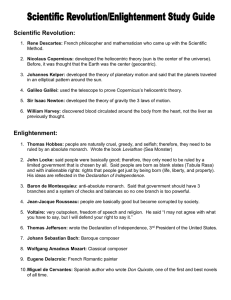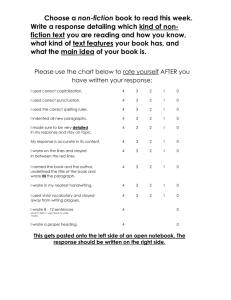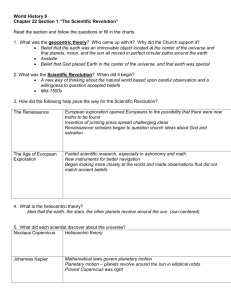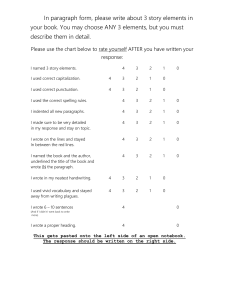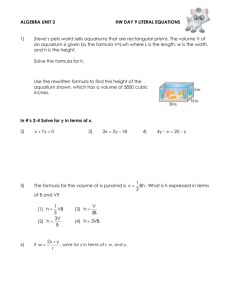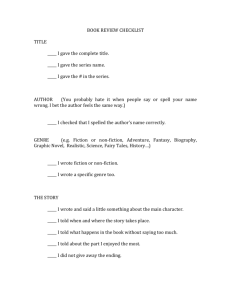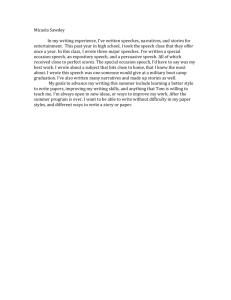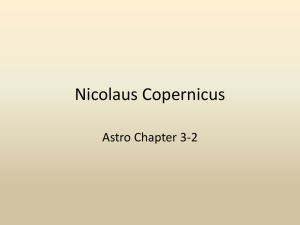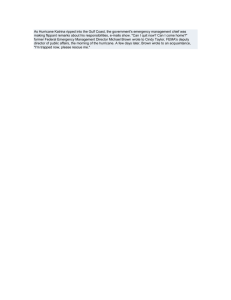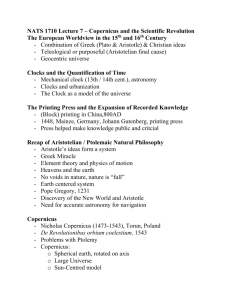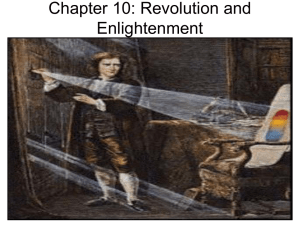Causes of the Scientific Revolution
advertisement
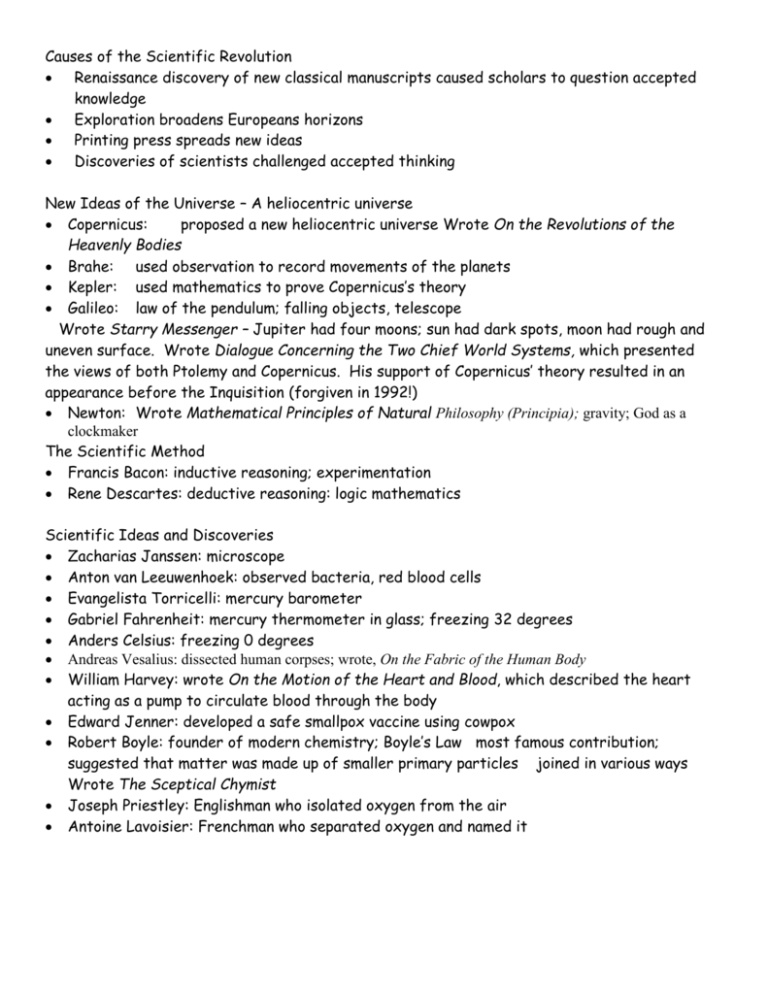
Causes of the Scientific Revolution Renaissance discovery of new classical manuscripts caused scholars to question accepted knowledge Exploration broadens Europeans horizons Printing press spreads new ideas Discoveries of scientists challenged accepted thinking New Ideas of the Universe – A heliocentric universe Copernicus: proposed a new heliocentric universe Wrote On the Revolutions of the Heavenly Bodies Brahe: used observation to record movements of the planets Kepler: used mathematics to prove Copernicus’s theory Galileo: law of the pendulum; falling objects, telescope Wrote Starry Messenger – Jupiter had four moons; sun had dark spots, moon had rough and uneven surface. Wrote Dialogue Concerning the Two Chief World Systems, which presented the views of both Ptolemy and Copernicus. His support of Copernicus’ theory resulted in an appearance before the Inquisition (forgiven in 1992!) Newton: Wrote Mathematical Principles of Natural Philosophy (Principia); gravity; God as a clockmaker The Scientific Method Francis Bacon: inductive reasoning; experimentation Rene Descartes: deductive reasoning: logic mathematics Scientific Ideas and Discoveries Zacharias Janssen: microscope Anton van Leeuwenhoek: observed bacteria, red blood cells Evangelista Torricelli: mercury barometer Gabriel Fahrenheit: mercury thermometer in glass; freezing 32 degrees Anders Celsius: freezing 0 degrees Andreas Vesalius: dissected human corpses; wrote, On the Fabric of the Human Body William Harvey: wrote On the Motion of the Heart and Blood, which described the heart acting as a pump to circulate blood through the body Edward Jenner: developed a safe smallpox vaccine using cowpox Robert Boyle: founder of modern chemistry; Boyle’s Law most famous contribution; suggested that matter was made up of smaller primary particles joined in various ways Wrote The Sceptical Chymist Joseph Priestley: Englishman who isolated oxygen from the air Antoine Lavoisier: Frenchman who separated oxygen and named it
